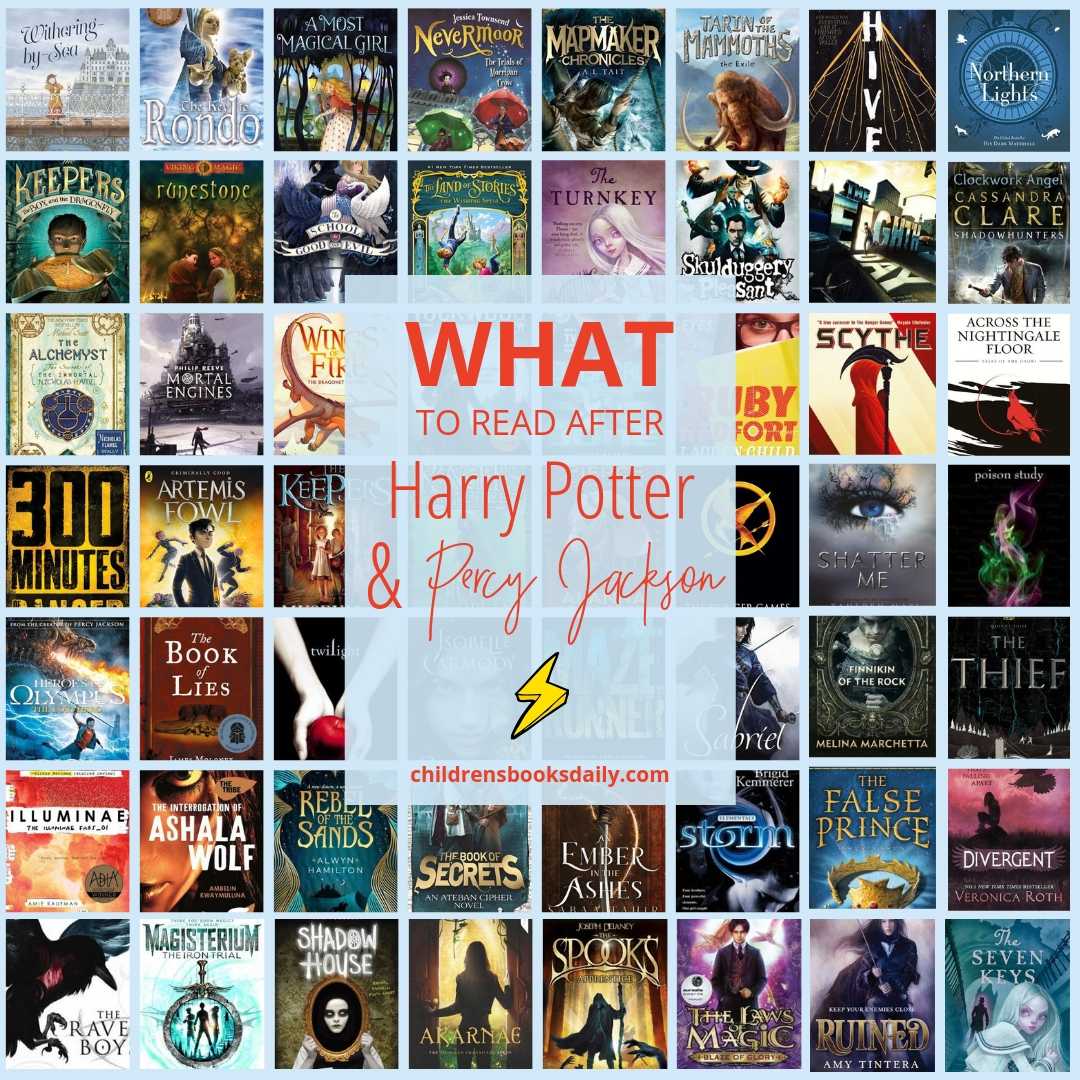

Rowling’s book, and the extent to which these uses tally with their Greek origins, based on comparisons between literature that deals with Greek mythology and Harry Potter and the Deathly Hallows. This paper aims to determine how much Greek mythology plays a part in J. Secondary sources include books which reference Greek mythology, such as Bulfinch´s Greek and Roman Mythology 5, which gives lucid summaries of many tales in Greek mythology, The Everything Classical Mythology Book 6 reproduces the stories and lives of the Gods and some heroes, and The Complete World of Greek Mythology 7 goes into detail concerning some of the more famous tales told in Greek mythology. A Guide to the Magical World of Harry Potter” 4, which is one of the only books that looks thoroughly at the use of Greek mythology in the world of Harry Potter. One of the primary sources used in this paper, aside from “Harry Potter and the Deathly Hallows” itself, will be “The Sorcerer´s Companion. Furthermore it will also touch on the story of the Deathly Hallows itself in order to recall what happens and who wins the fight between Good and Bad.

It will show how deeply Miss Rowling immersed herself in Greek mythology in order to find suitable names for her characters, which myths she revived in her novel, which creatures are mythology-related and what magic and objects were inspired by Greek mythology.
Greek harry potter books series#
This paper should primarily deal with the Greek mythology that occurs in the final book of the Harry Potter series “Harry Potter and the Deathly Hallows” 3, written by Joanne K. The Sunday Telegraph goes as far as calling it “The final chapter in the final book of one of the greatest literary adventures of modern times.” 2 “Harry Potter and the Deathly Hallows” is one of the best- and fastest-selling books of all time 1 and is a book adored by adults and children. In the end, the paper will show that there are many parallels between Greek mythology and Harry Potter and the Deathly Hallows. Rowling must have immersed herself in Greek Mythology in order to find objects, places, and branches of magic, as well as suitable names, stories and character-traits for some of her protagonists. The main aspects that will be dealt with are naming, creatures and magical objects, with the paper aiming to highlight how much J.K. Furthermore, my work intends to convey the extent to which the book was influenced by Greek mythology, by comparing Greek myths with Harry Potter and the Deathly Hallows. The focus of my paper is on Harry Potter and the Deathly Hallows, the last book of the series, and will retell the story of the orphan and pupil of Hogwarts School of Witchcraft and Wizardry, Harry Potter, in order to give a thorough understanding of the world that witches and wizards call their own. Rowling, has long since been a best-selling series. The Latin word for "power" is "imperium," and "impero" means "I order." Rowling likely chose to create a hybrid of these two phrases.Harry Potter, a parallel-universe, created by J.K. "Imperio" - gives the user control over another wizardĪnother one of the Unforgivable Curses, (one of the most sinister spells in the wizarding world), this one is used to make a witch or wizard do your bidding. The Latin word for "cross" is "crux," and the verb "cruciare" means "to crucify/torture." Crucio means "I torture," which is literally what the spell does in "Harry Potter." Crucio is one of the Unforgivable Curses - meaning its use is punishable by death. Confundo is the exact first-person conjugation of the Latin verb "confundere." The prefix con- means "with or together" and the suffix -fundo means "to pour." When put together, the word literally means something like "mix," but is now figuratively used to be "jumble or confuse." "Crucio" - causes opponent unbearable pain Hermione placed a memory charm on her parents in "Deathly Hallows." Warner Bros.


 0 kommentar(er)
0 kommentar(er)
